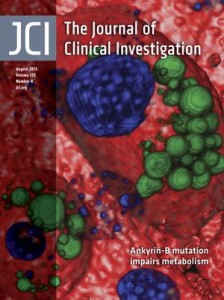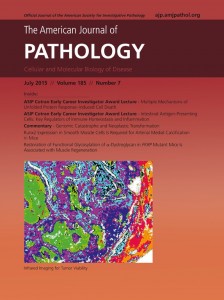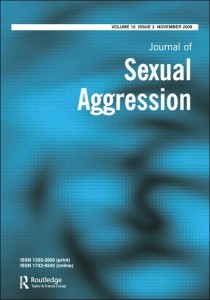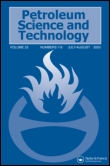 A review of preclinical research of a now widely used cancer drug suggests the studies contain multiple methodology flaws and overestimate the benefits of the drug.
A review of preclinical research of a now widely used cancer drug suggests the studies contain multiple methodology flaws and overestimate the benefits of the drug.
Specifically, the researchers found that most studies didn’t randomize treatments, didn’t blind investigators to which animals were receiving the drug, and tested tumors in only one animal model, which limits the applicability of the results. Importantly, they also found evidence that publication bias — keeping studies that found no evidence of benefit from the drug, sunitinib, out of the literature — may have caused a significant overestimation of its effects on various tumor types.
Together, these findings suggest the need for a set of standards that cancer researchers follow, the journal notes in a “digest” of the paper, published Tuesday by eLife:
Continue reading Much of preclinical research into one cancer drug is flawed, says report







